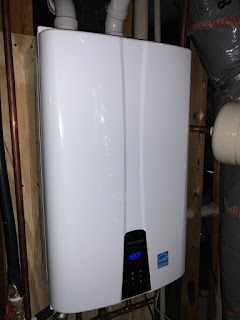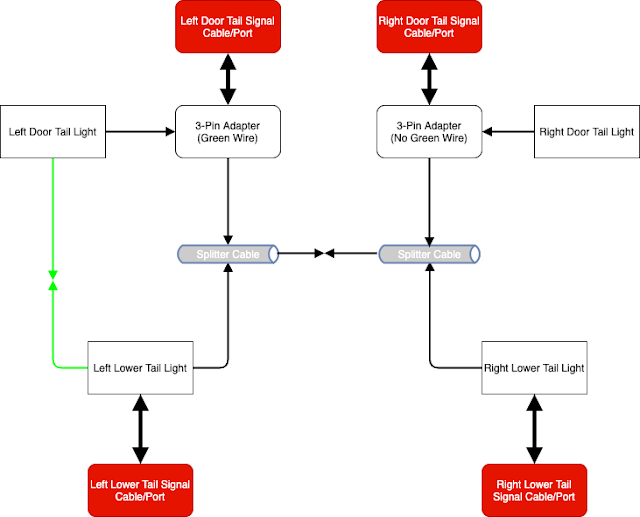The server naming convention is dead, long live the server naming convention!
Summary:
In times old, server's had cool names like Ferrari, Robotech, etc. Although cool, this drove the need for a server naming convention which served useful purpose. It could tell us a good many things about a server just by looking @ its name. Some things could be:
- Get rid of conventions that can be cross-referenced from other data sources in a programmatic fashion.
- Consolidate or present those cross-referenced data points into one pane of glass.
Rant:
In times old, server's had cool names like Ferrari, Robotech, etc. Although cool, this drove the need for a server naming convention which served useful purpose. It could tell us a good many things about a server just by looking @ its name. Some things could be:
- Location
- OS
- Application
- Etc.
Because of limitations in previous technologies, you had to limit your server name to a certain number of characters (coming from a Windows background). Each of these data points needed to be shortened to acronyms or numbers. This essentially requires a decoder ring for each section of the server name to understand it's hidden meaning. When dealing w/ a small environment, not a big deal, but scalability becomes a problem.
Using the examples given above:
- Location Sources
- IP Space
- Active Directory Sites and Services
- Virtualization Management systems like vCenter or SCvMM
- Local iLOM/IDrac/OOB
- OS Sources
- Active Directory
- WSMan
- Bash
- Virtualization Management systems like vCenter or SCvMM
- Application - a bit more complex, but use sources.
- WSMan
- Other tools to extrapolate the installed applications and convert those to 'tags'
Any modern naming convention should not contain any crypted metadata that can be programmatically cross-referenced from a trusted source.



Comments
But for large virtual infrastructure, I would rather use web client's categories and tags to hold metadata...
Rgds,
Didier